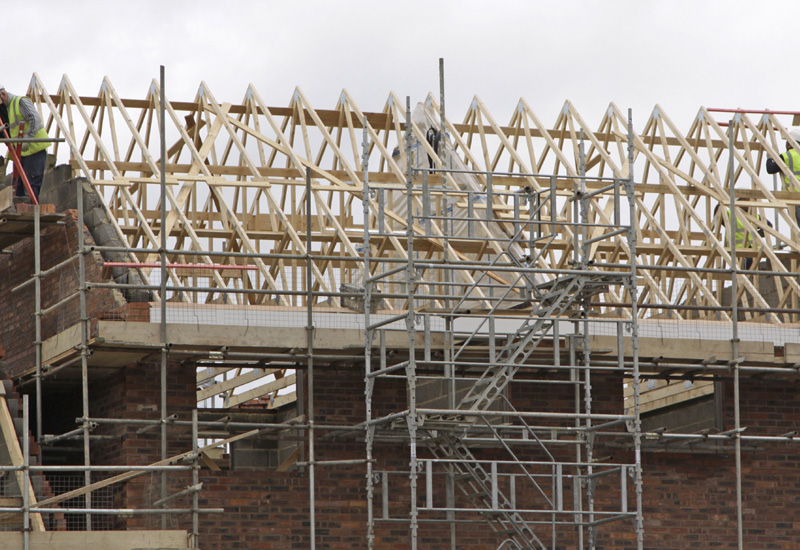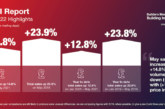
A lack of available small sites and a lack of finance top the list of barriers to SME housebuilders increasing their delivery of new homes, according to new research by the Federation of Master Builders’.
The key concerns of small housebuilders have been highlighted in the latest survey by the Federation of Master Builders’ (FMB), with one of the main findings that almost a decade after the financial crisis, access to finance for small house builders is getting worse instead of better. Over half of small house builders (54%) said accessing finance is a major barrier to their ability to build more homes (up from 50% in 2016).

Brian Berry, Chief Executive of the FMB, said: “The results of the FMB House Builders’ Survey suggest a slight worsening in the problems these firms face in accessing the finance they need to build. Assessments of lending conditions to SME developers were down slightly from 2016, the first fall in this measure since 2013. Small house builders express generally positive views of some recent Government initiatives in this area, such as the Home Building Fund, but we clearly need to double down on these efforts to make sure that SMEs have access to the finance they need to build Britain out of its housing crisis.”
Berry called for the government to act on the Housing White Paper, published earlier in the year. He continued: “Our research also affirms just how vital it is that the Government acts on key proposals in the Housing White Paper, published earlier this year and designed to increase the opportunities for smaller scale development. Nearly two thirds of SMEs say that the lack of available and viable land is a major barrier to increasing output, the most commonly-cited barrier for the third year in a row. More worryingly still, over half say that the number of available small sites is, if anything, decreasing. The White Paper quite rightly emphasises the need to diversify the house building sector so it is less reliant on a small number of large house builders. In order to do this, we need the Government to make good on its proposals to improve the availability of small sites and speed-up the planning process for small sites.”
Other results from the FMB’s House Builders’ Survey 2017, an annual snapshot of SME house builders, include:
• A lack of available and viable land is the most commonly cited barrier (62%) to increasing output and 54% believe that the number of small opportunities for small site development are decreasing;
• One in three small house builders that employ EU workers believe the end of free movement will be a major constraint on their ability to build more homes;
• Half (49%) of SME builders view the planning system as a major constraint on their ability to grow and ‘inadequate resourcing of planning departments’ was again rated as the most significant cause of delay in the planning application process.
Another key issue revealed by the survey was access to skilled labour. 42% of SME housebuilders said that a shortage of skilled workers is a major barrier to their ability to build more new homes, and this rose to half (49%) when asked to look ahead over the next three years.
Berry concluded: “Over the next three years, half of SME house builders believe skills shortages will act as a major constraint on their ability to grow and this concern is now beginning to overtake more typical frustrations such as the planning system. If we get it wrong, Brexit and the end of free movement could further exacerbate the skills shortages we already have. The survey finds one third of SME house builders currently employ EU workers and this rises to 70% in London and the South East. The potential impact of post-Brexit immigration changes is therefore a cause for concern among small house builders. That’s why it’s so important that the Government introduces a transitionary period that allows the UK house building sector to gradually wean itself off high levels of EU labour.”








